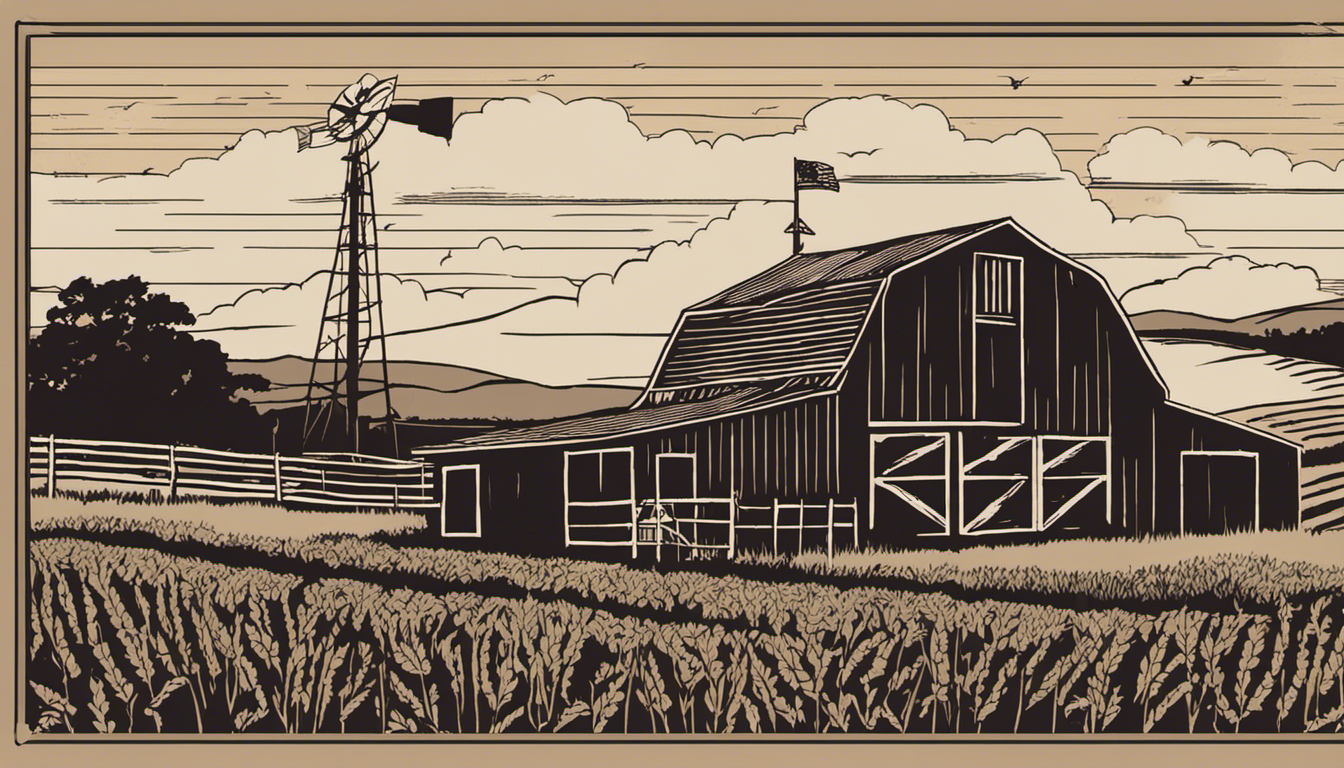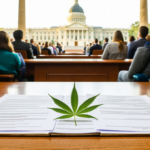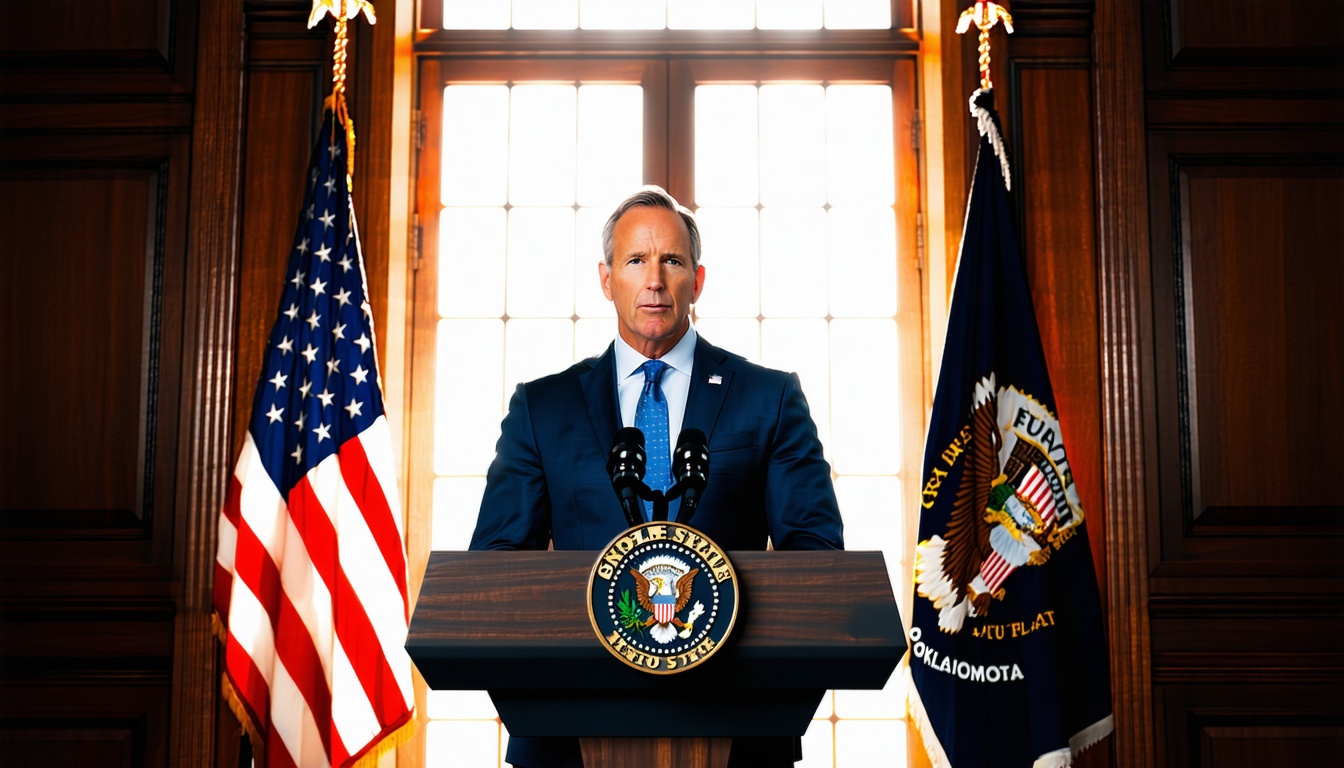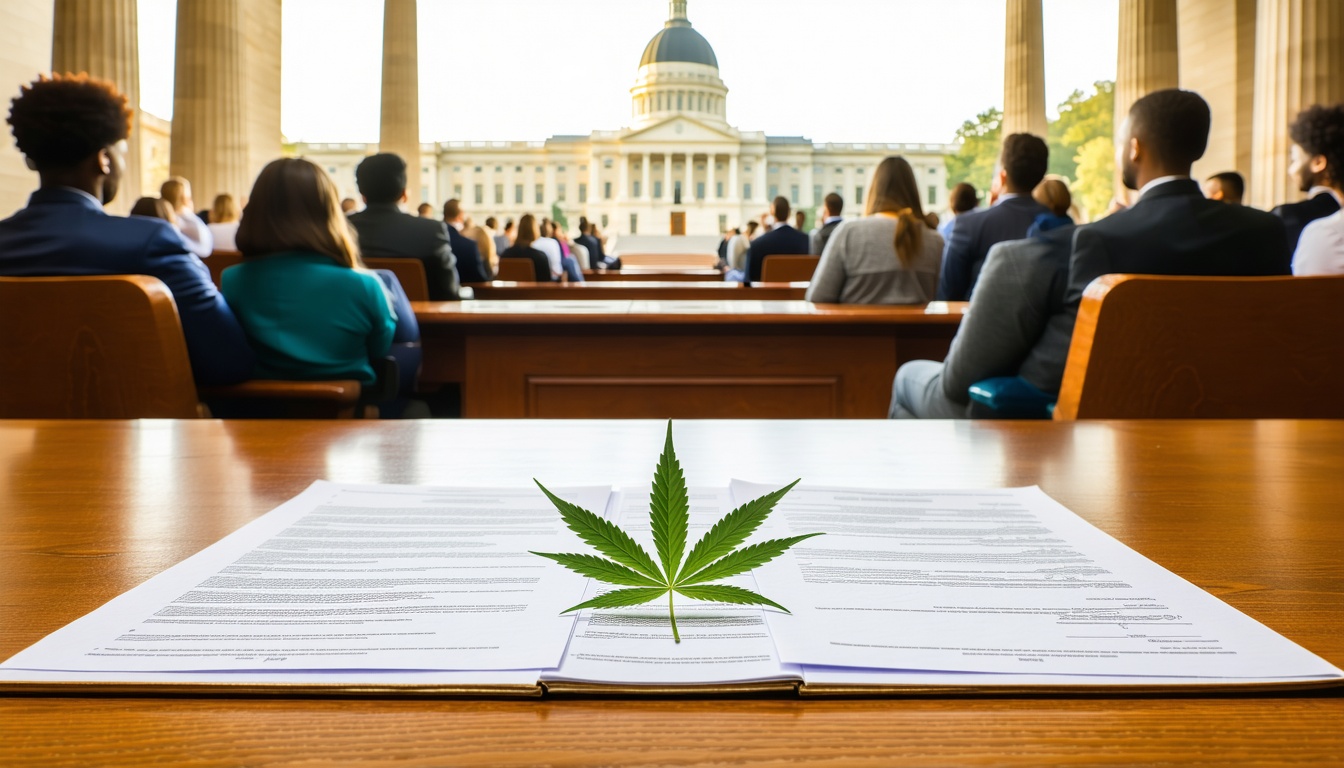Senate Farm Bill Draft Aims to Close Loopholes for Intoxicating Hemp Products
The Senate has released its version of the Farm Bill, which includes significant changes to federal hemp regulations. The proposed amendments aim to close loopholes used by some hemp businesses to produce and sell intoxicating hemp products that contain THC, but are not illegal because they are derived from hemp with a THC content of no more than 0.3%.
The 2018 Farm Bill gave rise to a multibillion-dollar market, but critics have argued that it has also led to a lack of regulation and oversight. The Senate draft proposes to address this issue by defining hemp and distinguishing it from “industrial hemp.” The updated definition of hemp would account for total tetrahydrocannabinol (THC) concentration, including tetrahydrocannabinolic acid (THCA) in addition to delta-9 THC.
The draft also introduces a pilot program in up to five states or tribes that will certify hemp seed varieties that consistently produce plants with THC levels below 0.3%. Producers that use these certified seeds could apply for a three-year exemption from routine THC testing, with an option for renewal.
The bill draft establishes clear THC thresholds to reduce regulatory uncertainty for farmers and producers. However, some industry players have expressed concerns that the proposal could cut short opportunities for farmers and businesses that had invested in hemp-derived products.
The language in the Senate bill draft providing that industrial hemp shall not be used as a source to produce either natural or synthetic cannabinoid products closes possible loopholes for producers seeking to extract or synthesize cannabinoids from hemp, strengthening the federal position against the spread of intoxicating hemp products.
It is unlikely that the Farm Bill will pass during this lame-duck session, so it will likely need to be addressed in 2025. The final version of the Farm Bill will need to be awaited to understand how it will reshape the hemp industry, whether by cracking down on intoxicating hemp products or limiting their production.
Several states have already begun regulating intoxicating hemp products, such as delta-8 THC, by legalizing or banning them. The federal government’s approach to hemp regulation remains uncertain, but the Senate’s proposal aims to provide clarity and oversight to the industry.












